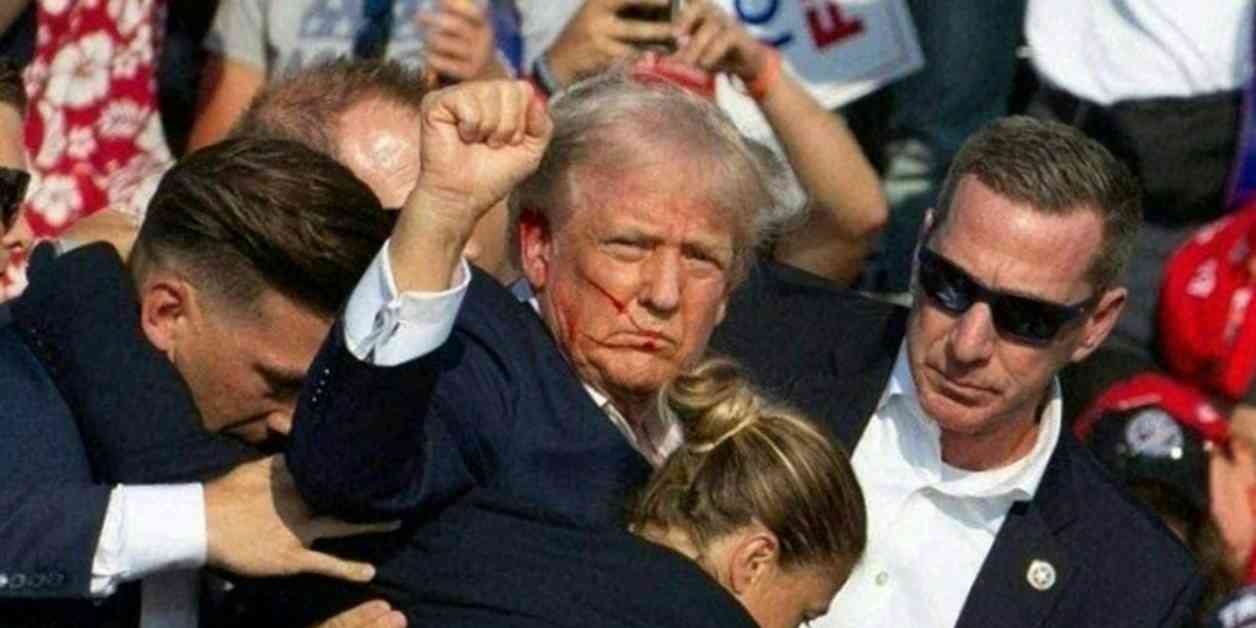A recent survey conducted by the Associated Press-NORC Center for Public Affairs Research has revealed a significant decline in trust towards the Secret Service’s ability to keep presidential candidates safe from violence, especially following the recent assassination attempt on former President Trump at a rally in Pennsylvania. The poll of 1,143 adults showed that only around 3 in 10 Americans feel extremely or very confident in the Secret Service’s capacity to protect presidential candidates before the upcoming election in November.
The survey also highlighted a stark divide between Democrats and Republicans in assigning blame for the Trump assassination attempt. Six in 10 Democrats believe that the availability of guns plays a significant role, while about one-third of independents and 15% of Republicans share this view. On the other hand, half of Republicans place a great deal of responsibility on the Secret Service, in contrast to around 4 in 10 Democrats and independents.
Overall, approximately 7 in 10 Americans believe that the Secret Service holds at least a moderate amount of responsibility for the assassination attempt, with half of the respondents also pointing fingers at local law enforcement in Pennsylvania. Interestingly, a majority of Americans identified political division in the country as being largely responsible for the incident.
Moreover, the survey indicated that only about one-third of Americans have high confidence in the Department of Homeland Security, which oversees the Secret Service, to conduct a thorough and impartial investigation into the Trump assassination attempt.
The Secret Service, originally established as part of the Treasury Department to combat U.S. currency counterfeiting during the Civil War, began providing informal protection to presidents in 1894. Following the assassination of President William McKinley in 1901, Congress mandated Secret Service protection for U.S. presidents.
Over the years, the scope of protection offered by the Secret Service has expanded to include the president’s immediate family, presidents-elect, vice presidents, and even former presidents. This progression was driven by tragic events such as the shooting of a White House police officer while safeguarding President Harry S. Truman in 1950 and the assassination of Senator Robert F. Kennedy in 1968 during his presidential campaign.
In light of these historical developments and the recent assassination attempt on former President Trump, questions surrounding the effectiveness and accountability of the Secret Service have come to the forefront. It remains to be seen how the agency, under new leadership following Kimberly Cheatle’s resignation, will address these concerns and regain public trust in its ability to ensure the safety of presidential candidates and officials.
As investigations into the Trump shooting continue, the House Oversight and Accountability Committee plays a crucial role in uncovering the truth behind the incident and ensuring that appropriate measures are taken to prevent similar occurrences in the future. Efforts to unite both sides of the political spectrum in the pursuit of justice and security are paramount in restoring faith in the protection of our leaders and democratic processes.




















